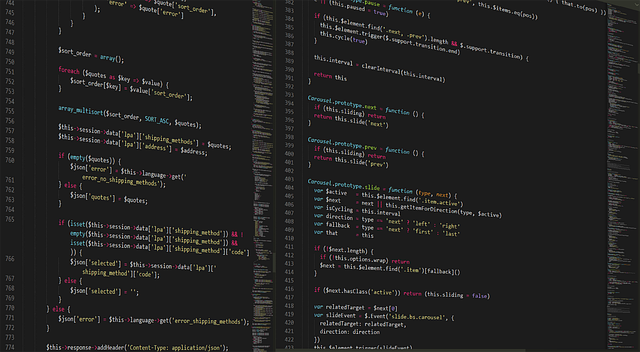Indie Devs Revolutionize Gaming with AI-Powered NPCs
In a groundbreaking shift for the gaming industry, indie developers are harnessing the power of artificial intelligence to create non-player characters (NPCs) with unprecedented depth and realism. This innovative approach is transforming player experiences, blurring the lines between scripted interactions and dynamic, lifelike conversations. As major studios cautiously explore AI integration, small teams are leading the charge, redefining narrative possibilities and pushing the boundaries of game design.

Breaking the Mold of Scripted Interactions
Traditional NPCs often rely on pre-written dialogue trees, limiting the depth and variety of player interactions. AI-powered NPCs, however, can generate responses on the fly, adapting to player choices and creating truly unique experiences. This breakthrough allows for more immersive storytelling and dynamic world-building, as characters react organically to player actions and remember past interactions.
Indie Developers at the Forefront
While major studios have been slow to adopt this technology, indie developers are embracing the potential of AI-powered NPCs. Small teams like Latitude with their game AI Dungeon, and the creators of the upcoming title Everquest, are pioneering this new frontier. These developers are leveraging open-source AI models and custom algorithms to create characters that learn and evolve alongside players, offering unparalleled depth and replayability.
Challenges and Ethical Considerations
The integration of AI in NPC design is not without its challenges. Developers must grapple with issues such as content moderation, ethical AI training, and maintaining narrative coherence. There are also concerns about the potential loss of authorial control and the risk of AI-generated content straying from the intended player experience. Balancing these factors while harnessing the power of AI remains a significant hurdle for developers.
Impact on Game Design and Player Expectations
As AI-powered NPCs become more prevalent, they are reshaping player expectations and game design philosophies. Games featuring these advanced characters offer unprecedented levels of immersion and player agency, challenging traditional notions of storytelling in interactive media. This shift is forcing developers to rethink their approach to narrative design, character development, and player interaction.
The Future of AI in Gaming
The success of indie developers in implementing AI-powered NPCs is likely to influence the broader gaming industry. As the technology matures and becomes more accessible, we can expect to see larger studios incorporating similar features into their titles. This could lead to a new era of gaming where every NPC interaction is unique, dynamic, and tailored to individual player experiences.
Potential for Cross-Industry Applications
The advancements made in AI-powered NPCs have implications beyond gaming. The technology could be applied to virtual assistants, educational software, and even therapeutic applications. As indie developers continue to push the boundaries of what’s possible, their innovations may well shape the future of human-AI interaction across various fields.
Conclusion
The indie-led revolution in AI-powered NPCs marks a significant milestone in the evolution of video game design. By creating more dynamic, responsive, and lifelike characters, these developers are not only enhancing player experiences but also challenging the industry to reimagine the possibilities of interactive storytelling. As this technology continues to evolve, it promises to fundamentally transform the way we interact with virtual worlds and the characters that inhabit them.






